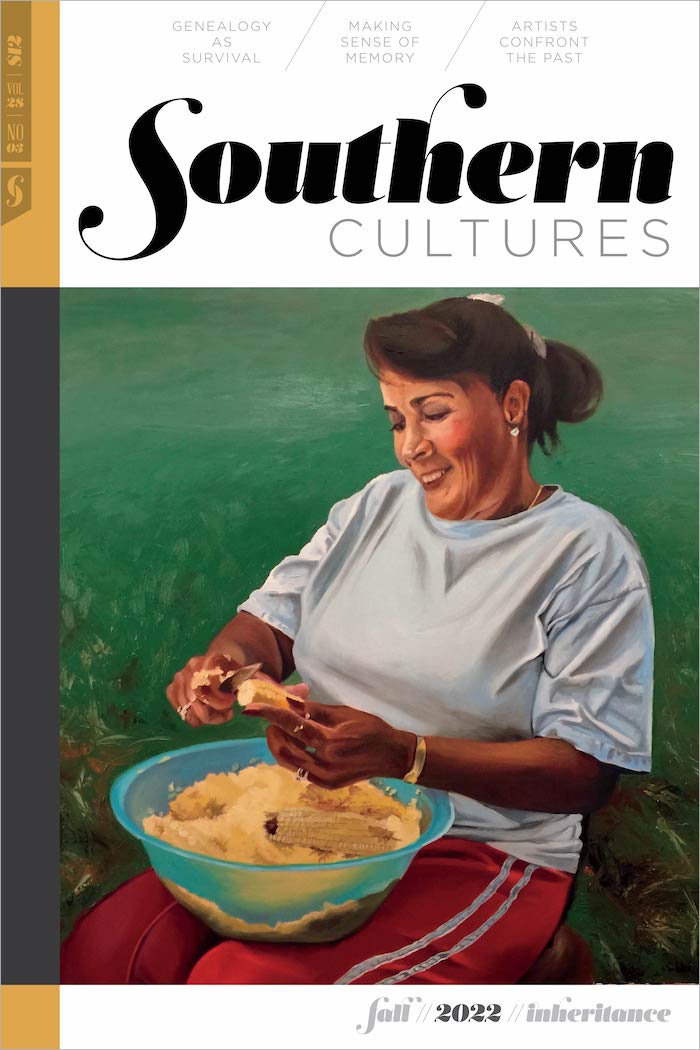“I remain haunted by what I can never know or speak of.”
Growing up in the sandhills of Nebraska, I remember how my displaced Chickasaw father always surrounded us with his southern sensibilities: fried green tomatoes and eggplants, okra, black-eyed peas to start the new year, corn bread, and pit-roasted pig, javelina boar, or other hunted meats. In it would be the subtle contexts of culture and history, a way of family and kin, though never once did he overtly tell me “this is Chickasaw” or “this is how our ancestors have always done things.” Instead, he would tell me he was an unrepentant Confederate and laugh even so at the thought of shooting North and South soldiers alike who might dare show their faces in the nation. He was always the consummate contrarian, so I couldn’t always trust what he said, and he especially liked to say things just to get a rise out of me, his queer, feminist, gender-nonconforming and heart-on-their-sleeve child who wanted so very much to upend the worlds of oppression that defined how we experienced our family and history. The lessons he shared were confusing, too often overtly anti-Black racist and anti-Asian xenophobic, and yet, somehow, still Indigenous and anticolonial. Chickasaw continuity was a certain squint of the eye that meant, more than anything else, just downright mean.


